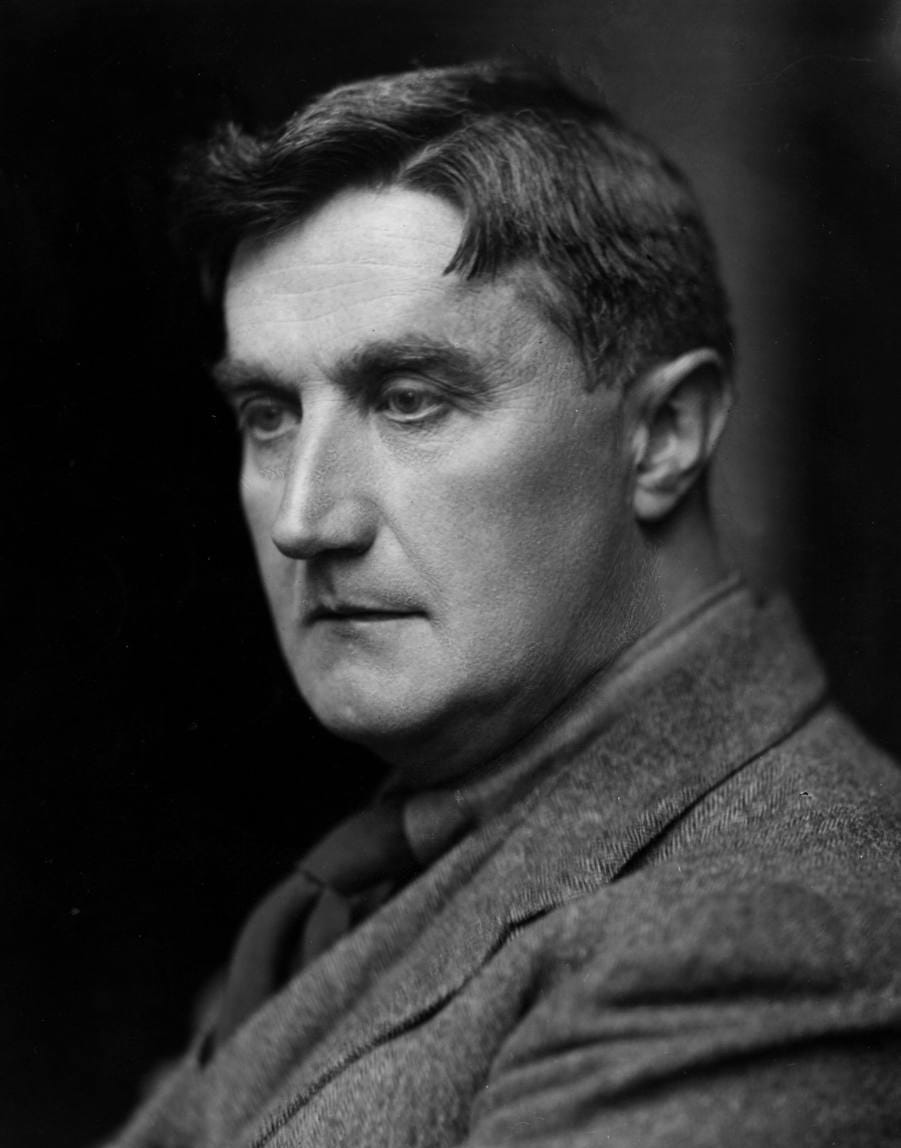The anthem today is based on John 13:34-35 A new commandment I give unto you that you love one another as I have loved you. What makes this anthem particularly lovely is the Latin hymn Ubi caritas which is sung by the men after the ladies have sung through the New Testament words as a wonderful counter-tune below the ladies.
Ubi caritas est vera, Deus ibi est. Congregavit nos in unum Christi amor. Exsultemus et in ipso jucundemur. Timeamus et amemus Deum vivum. Et ex corde diligamus nos sincero.
 |
| Peter Nardone - (Bach Cantatas Website) |
Peter Nardone was born in Scotland in 1965 and studied organ and piano at the Royal Scottish Academy of Music and Drama. He later studied singing at the Royal Academy of Music, London. In 2012 he was Organist and Director of Music at Worcester Cathedral and artistic director of the Three Choirs Festival. As a singer, he has sung with the Monteverdi Choir, Tallis Scholars, Kings Consort and many others.
His compositions are mostly religious.

